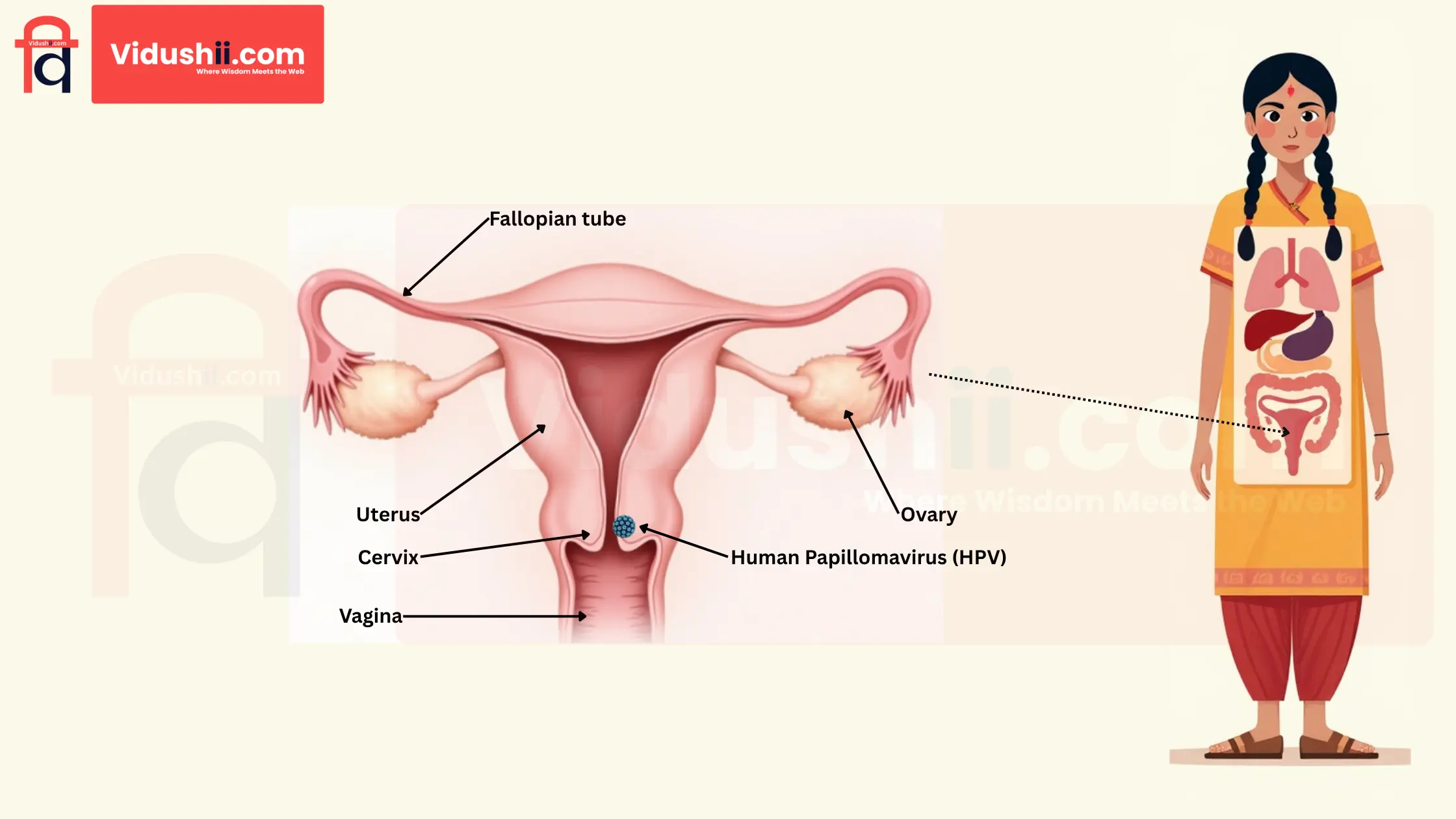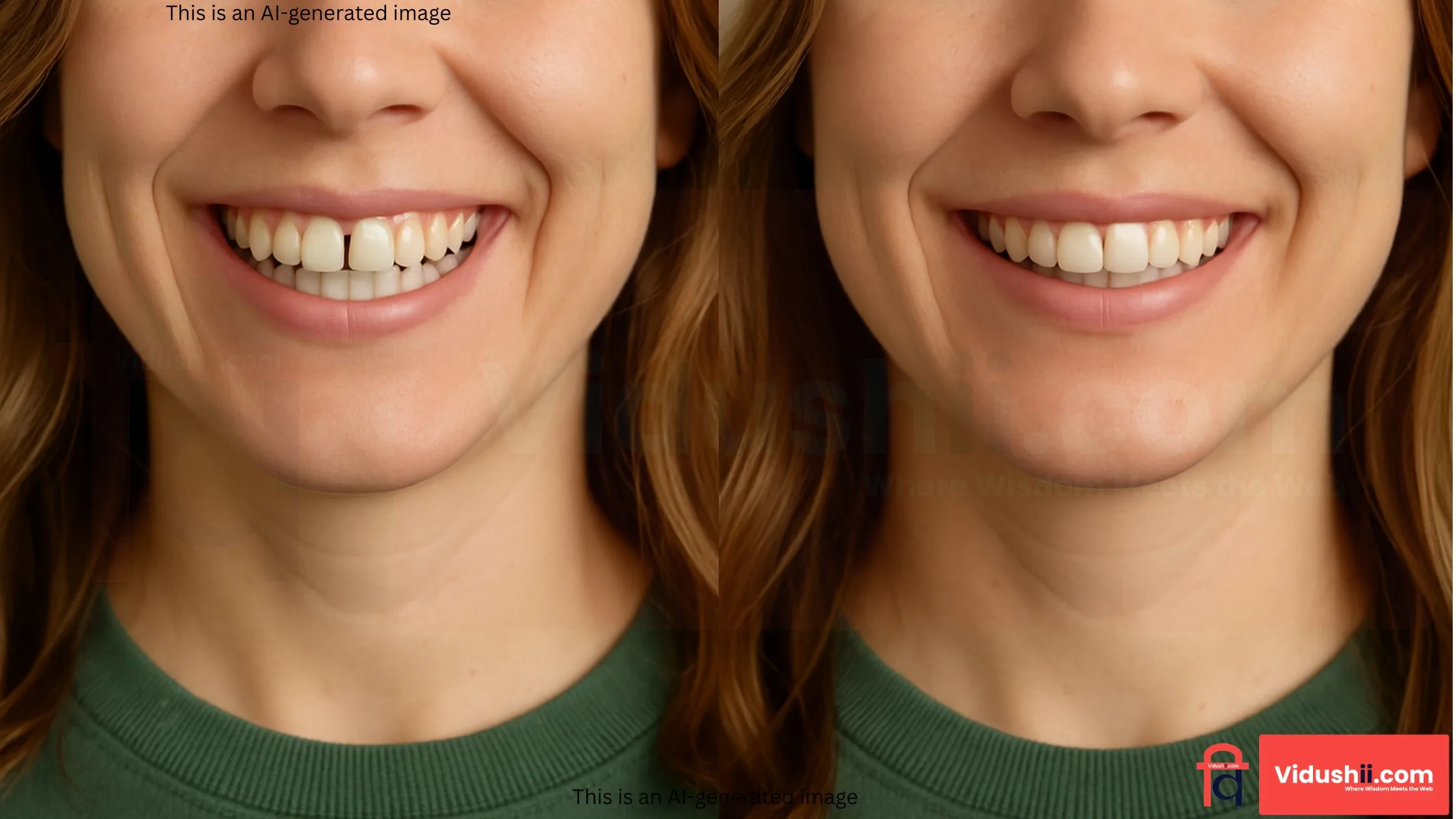
Coronavirus disease also known as COVID-19) is a communicable disease mainly caused by the virus called SARS-CoV-2. Most people who get infected with the virus will experience mild to moderate respiratory illness and recover without requiring any special treatment. However, some people will become very sick and need medical attention. Older people and those with previous medical conditions like diabetes, cardiovascular disease, cancer or chronic respiratory disease are more likely to develop severe illness. Anyone can get ill with COVID-19 and become very ill or die at any age.
How does the COVID-19 virus spread?
SARS-CoV-2, also known as COVID-19, spreads through tiny droplets released from an infected person’s nose or mouth when they speak, cough, sneeze or breathe. These droplets go from larger particles to smaller aerosols. Practising good respiratory hygiene, like “covering your mouth with a bent elbow when you sneeze or cough”, can help reduce the spread of the virus. If you’re feeling unwell, it’s important to stay at home and self-isolate until you have fully recovered or visit the nearest health facility.

What are the most useful ways to prevent COVID-19?
The most useful way to control and prevent the spread of the virus is via awareness and responsible behaviour. Stay well informed on how COVID-19 spreads and take necessary action to protect yourself and others. Maintain a distance of at least a 1-meter from people, wear a well-fitted mask such as N95S or KN95S, which gives us a high level of protection (Well-fitted cloth masks or surgical masks can also be effective) and wash your hands regularly or use hand sanitiser with alcohol. Get vaccinated when eligible and follow the public health guidelines in your city or state.
To prevent infection and to slow transmission of COVID-19, do the following:
- The major step to prevent COVID-19 is to get vaccinated.
- You need to wash your hands regularly with soap and water or clean them with alcohol-based hand sanitisers.
- Cover your mouth and nose when you cough or sneeze. And move away from others when they cough or sneeze.
- Make sure you maintain at least 1 metre gap from others, even if they don’t look sick.
- Prefer staying in open or airy spaces rather than closed spaces. If you are indoors, open the window.
- Wear a properly fitted mask when social distancing is not possible or air flow is poor.
- It’s important to stay at home and self-isolate until you have fully recovered or visit the nearest health facility.
What are the symptoms of COVID-19?
According to W.H.O., Different people can be affected differently by COVID-19. Most of the people who get infected by this virus feel a mild to moderate sickness and can recover without hospitalisation.
Most common symptoms:
- Tiredness
- Cough
- Fever
- Loss of taste or smell.
Less common symptoms:
- Diarrhoea
- Sore throat
- Headache
- Aches and pains
- Red eyes or irritated eyes.
- A Rash on the skin, or discolouration of fingers or toes
Serious symptoms:
- Chest pain.
- Difficulty breathing or shortness of breath
- Loss of speech or mobility, or confusion
If you have any serious symptoms, find quick medical attention. You need to call your doctor or health facility before visiting them so that they can take some precautions. People who are healthy and have mild symptoms can manage their symptoms at home. On average, it takes 5 to 6 days for the symptoms of this virus to appear, but in some cases, it may take up to 14 days for the symptoms to appear.
Myth Busters: COVID-19 Facts vs. Fiction
| ❌ Myth | ✅ Fact |
|---|---|
| Drinking alcohol can kill the virus | Alcohol does not prevent or cure COVID-19 |
| Only old people get infected | People of all ages can contract COVID-19 |
| Vaccines contain microchips | COVID-19 vaccines are safe and monitored globally |
| Hot weather kills the virus | COVID-19 spreads in all climates |
| Holding your breath for 10 seconds tests for infection | No such test exists — only PCR/Antigen tests are reliable |
| Taking antibiotics helps | Antibiotics do not work against viruses, only bacteria |
| Eating garlic prevents infection | A healthy diet is good, but garlic is not a cure |
❓ Frequently Asked Questions (FAQs)

Q1: What should I do if I test positive for COVID-19?
Answer:
Self-isolate, monitor symptoms, and consult a healthcare provider. Inform close contacts and avoid public exposure for at least 5–10 days, depending on local health authority guidelines.
Q2: Are COVID-19 vaccines safe?
Answer:
Yes. All approved vaccines go through extensive testing and monitoring. Side effects are usually mild and temporary.
Q3: How long does COVID-19 last?
Answer:
Mild cases recover in 1–2 weeks, while severe cases may take 3–6 weeks. Some individuals experience Long COVID, with symptoms lasting months.
Q4: Can I get COVID-19 more than once?
Answer:
Yes. Reinfection is possible, especially with new variants. However, symptoms are usually milder in vaccinated individuals.
Q5: What are COVID-19 variants?
Answer:
Variants are mutations of the original virus. Some may be more contagious or resistant to immunity. Examples: Alpha, Delta, Omicron.
Q6: What is Long COVID?
Answer:
Long COVID refers to symptoms like fatigue, breathlessness, or brain fog that persist for weeks or months after recovery.
Q7: Do masks still work?
Answer:
Yes, especially N95, KN95, and surgical masks. They reduce the risk of inhaling virus particles and protect others from your droplets.
Q8: Are children at risk?
Answer:
Children usually show milder symptoms, but they can spread the virus. Some rare cases may lead to MIS-C (Multisystem Inflammatory Syndrome in Children).
Q9: Can pets spread COVID-19?
Answer:
Very rarely. While animals can test positive, there’s no strong evidence that they play a significant role in human transmission.
Q10: What treatments are available?
Answer:
Treatment depends on severity. Mild cases require rest and fluids. Severe cases may need oxygen, antivirals, or monoclonal antibodies under hospital supervision.
If you have any advice or see any errors in this article, please let us know. We’ll happily address any issues and improve based on your input.







